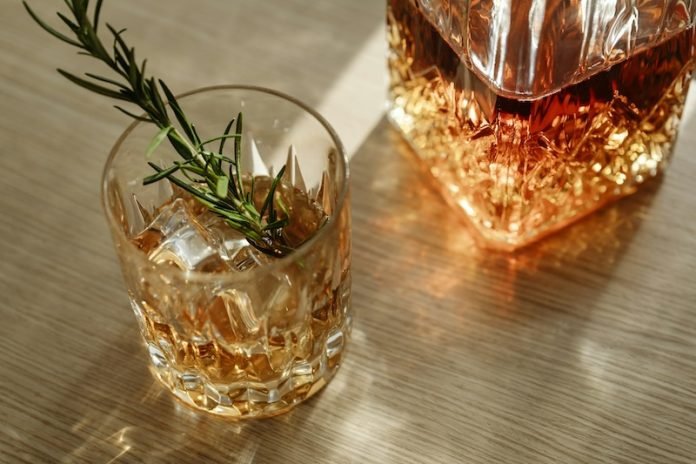
High blood pressure, or hypertension, is a common health issue that can lead to serious problems like heart disease and stroke if not managed properly.
One way to help control blood pressure is through diet, including what we drink.
This article will explore which beverages can help lower blood pressure quickly and which ones to avoid, based on scientific research
Starting with the good news, certain drinks have been shown to have a positive effect on blood pressure levels. First up is beetroot juice, a standout choice for its blood pressure-lowering abilities.
Beetroots are rich in nitrates, which the body converts into nitric oxide. This compound helps to relax and dilate blood vessels, improving blood flow and lowering blood pressure.
Studies have found that drinking beetroot juice can lead to significant reductions in blood pressure in just a few hours.
Another helpful drink is hibiscus tea. Made from the dried parts of the hibiscus plant, this tea has been shown in studies to help lower systolic blood pressure (the top number in a blood pressure reading).
It’s believed that the high concentration of antioxidants and compounds that act as natural ACE inhibitors (similar to some blood pressure medications) are to thank for these effects.
Pomegranate juice is also on the list of beneficial beverages. Like beetroot juice, it’s rich in antioxidants and other compounds that can help improve blood flow and lower blood pressure.
Some research suggests that drinking a cup of pomegranate juice daily can lead to improvements in both systolic and diastolic blood pressure (the bottom number).
Water is, of course, the most essential drink for maintaining good health, including blood pressure. Staying well-hydrated helps the heart pump blood more easily and can support healthy blood pressure levels.
On the flip side, certain drinks can raise blood pressure and should be consumed in moderation or avoided. Alcohol is a major one to watch out for.
While some studies suggest that light to moderate drinking (especially red wine) might have heart benefits, excessive alcohol intake is a known risk factor for hypertension.
It’s best to stick to the recommended limits or avoid alcohol if you’re trying to manage high blood pressure.
Caffeinated beverages like coffee, tea, and some sodas can also cause a temporary spike in blood pressure. The effect varies from person to person, with some people being more sensitive to caffeine than others.
If you have hypertension, it might be worth monitoring how these drinks affect your blood pressure or cutting back if necessary.
Sugary drinks, including sodas, fruit punches, and sweetened teas, are another category to avoid. High sugar intake is linked to obesity and an increased risk of hypertension.
These beverages can also lead to spikes in blood sugar and insulin levels, which can affect blood pressure.
In conclusion, managing blood pressure through diet includes making smart choices about what to drink. Beverages like beetroot juice, hibiscus tea, pomegranate juice, and plain water can support heart health and help lower blood pressure.
Meanwhile, it’s wise to limit or avoid alcohol, high-caffeine drinks, and sugary beverages to keep blood pressure in check. Remember, these dietary changes should complement other lifestyle adjustments and medical treatments for hypertension.
Always consult with a healthcare professional before making significant changes to your diet, especially if you have health conditions or are taking medication.
If you care about blood pressure, please read studies about how diets could help lower high blood pressure, and 3 grams of omega-3s a day keep high blood pressure at bay.
For more information about nutrition, please see recent studies that beetroot juice could help reduce blood pressure, and results showing cinnamon could help lower high blood pressure.
Copyright © 2024 Knowridge Science Report. All rights reserved.



